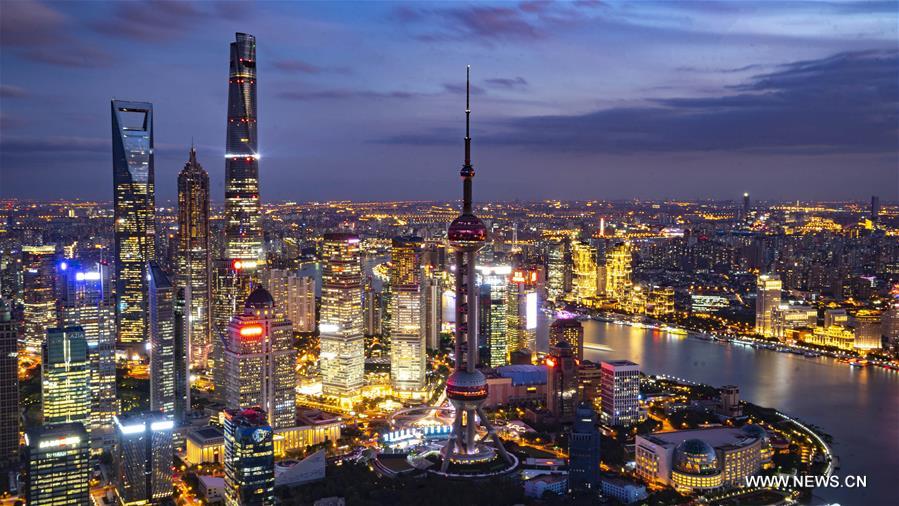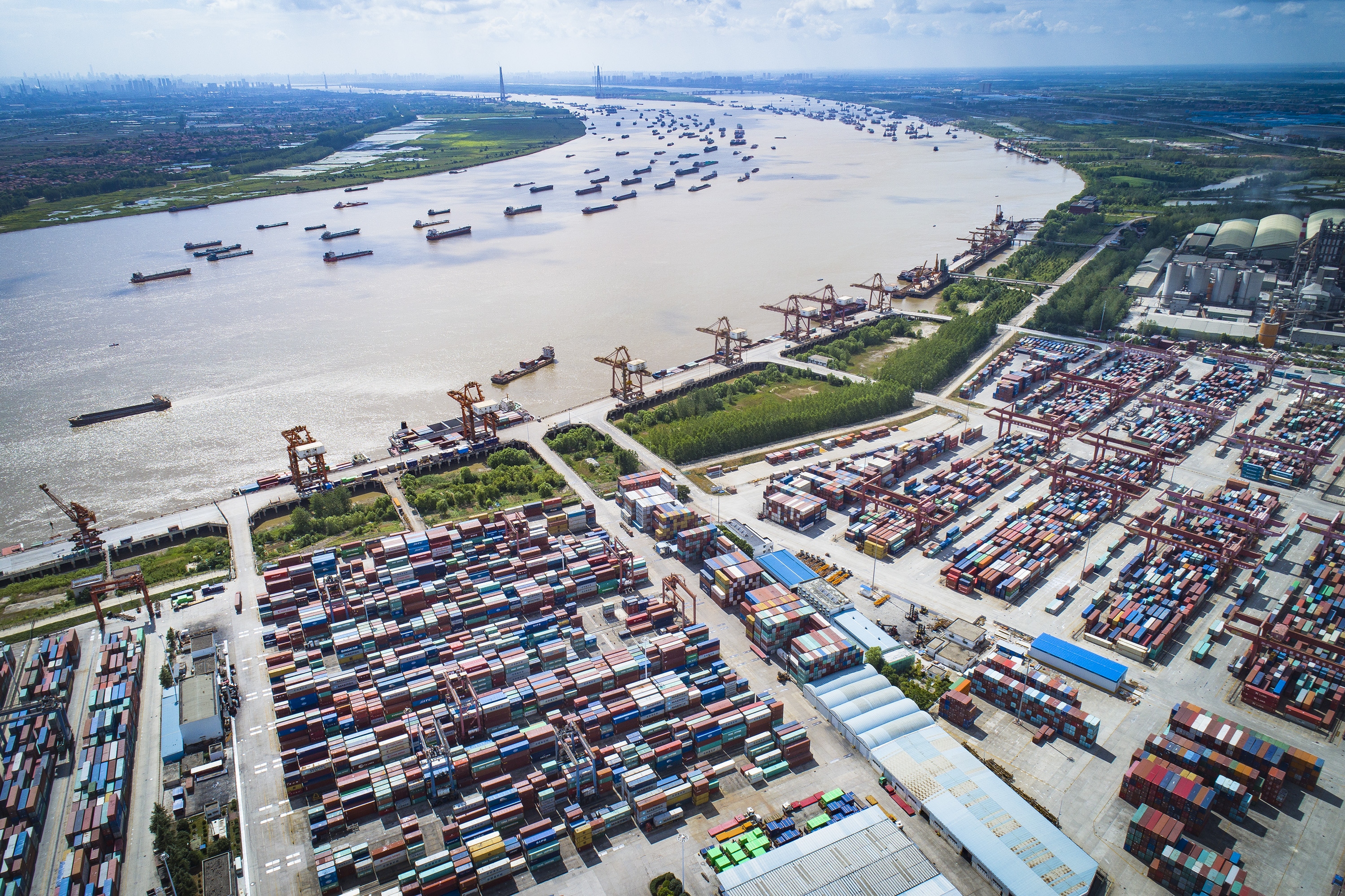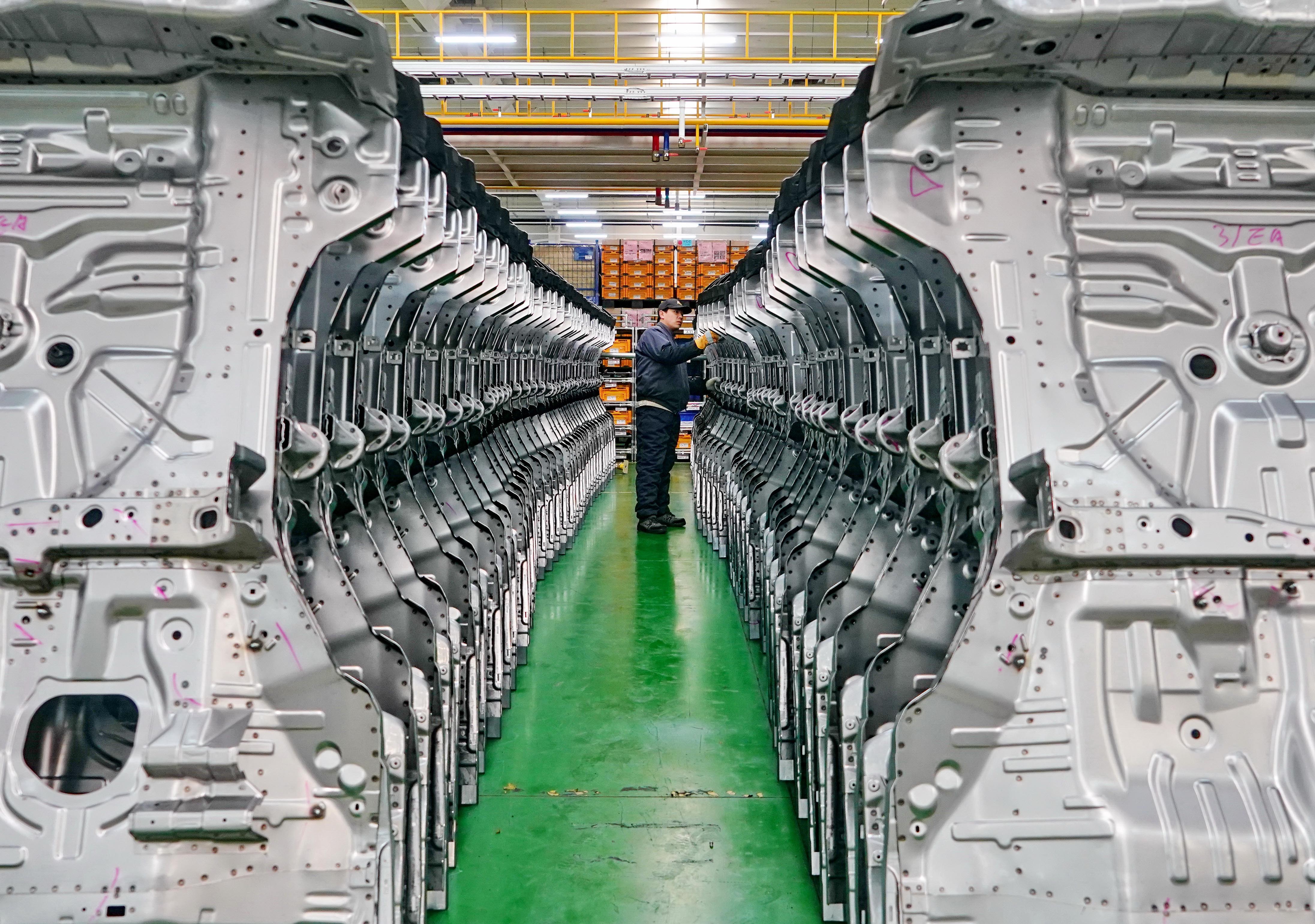China shows clear vision in economic development in 2019
- By George N. Tzogopoulos
 0 Comment(s)
0 Comment(s) Print
Print E-mail China.org.cn, March 7, 2019
E-mail China.org.cn, March 7, 2019

In today's globalized world, developments in the Chinese economy not only affect China but also other countries, which is the practical meaning of interdependence. This was made clear as the annual parliamentary session opened in Beijing.
At the beginning of the second session of the 13th National People's Congress (NPC), Premier Li Keqiang delivered the government work report, looking back and then setting the scene for China's economic performance this year.
In particular, the report sets the GDP growth target at 6-6.5 percent. International organizations such as the IMF also foresee a similar growth pattern, the latter's most recent estimation being 6.2 percent.
The economic slowdown thus envisaged is a necessary development for China in its own interests in transforming the growth model and achieving sustainable development in the long-run. The past overproduction could not endlessly continue, with double-digit growth rates.
The country is also paying close attention to the fight against pollution. The so-called "New Normal" requires prioritization of the ecology and green development. For example, the government work report is targeting an overall cut in sulfur dioxide and nitrogen oxide emissions of 3 percent in 2019.

Additionally, China is seeking to bolster its immune system against external threats. Although its exports remain a source of growth, it is undergoing a patient process to create a balanced economic mix. An increase of imports and an emphasis on more investments concerning innovation and technological advancement constitute significant priorities.
The need of more investments, in particular, has led the central government to propose a new law for foreign companies operating in the country. This is an issue where China and the West have frequently disagreed, but the new law can perhaps address important concerns of the latter. The EU Chamber of Commerce in China has already expressed its appreciation.
Moreover, Beijing regards consumption a catalyst for growth. This entails encouraging citizens to spend more either by buying goods or by consuming various services. Last year, consumer spending contributed 76.2 percent of the GDP growth. The general objective this year is to continue expanding domestic demand.

The work report specifies some tax cuts on the manufacturing sector and for small businesses. A rising middle-class in China can domestically spend higher amounts in the future. Other countries will subsequently benefit because the number of Chinese tourists travelling abroad is expected to grow.
Another government mission remains improvement of living conditions of ordinary people. The alleviation of poverty is an ongoing project. Some US$18.82 billion will be allocated for this purpose during the year.
Reduction of the rural poor population is the most difficult challenge. By supporting rural areas, the government is combining the necessary fight against poverty with the preservation of natural resources and the fast development of services such as e-commerce. Signs of rising spending power in less-developed areas have begun to appear.
China's reform and opening-up process is also expanding. Financial reforms – including a deeper involvement of the private sector in several areas – are on the agenda. Further, the government is giving special importance to education services and connecting them to the job market.

Enhanced international cooperation will help Chinese universities advance modernization to meet the goal of preparing students for successful careers. A recent poll showed Chinese young people most cared about the education and employment-related topics to be discussed during the NPC session, and the government is endeavoring to respond to their concerns. In 2019, the target is to create 11 million new urban jobs.
The West will benefit, too, if it will familiarize itself with the special characteristics of China's politics and its national economy. Chinese-style socialism in parallel with the sophisticated nature of economic changes are creating a robust China.
Its resilience in fending off the unpredictable consequences of the ongoing trade war with the United States is just one indicator. The Chinese leadership never hides problems or challenges, and the 2019 NPC session is no exception. What matters is to discuss policy options and offer solutions that help not hinder advancement.
George N. Tzogopoulos is a columnist with China.org.cn. For more information please visit:
http://m.formacion-profesional-a-distancia.com/opinion/GeorgeNTzogopoulos.htm
Opinion articles reflect the views of their authors, not necessarily those of China.org.cn.
If you would like to contribute and have specific expertise, please contact us at opinion@china.org.cn.





